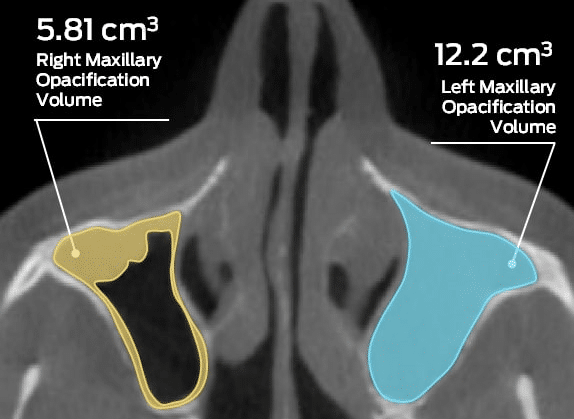Medical device manufacturers need not only worry about the success of their device in the clinical trial stage, but also must prepare for potential reimbursement challenges as early as possible. In today’s changing marketplace, it is crucial to move forward only with a solid understanding of reimbursement methodologies and how your device will fit into these definitions.
Edward Black, founder and president of Minnesota-based Reimbursement Strategies LLC, recently sat down with Medical Device and Diagnostic Industry to discuss what challenges are facing manufacturers today. Black explains that one of the largest stumbling points that device makers encounter is failure to “put yourself in the shoes of a health plan medical director.” He argues that it is crucial that your team takes the appropriate time to consider their perspective, current goals, operational issues and other day-to-day concerns. While you may be confident that your device is the favorite among providers and their staff, success will be limited until you can convince the party that is holding the purse strings.
Black also stresses the importance of ensuring exposure to a wide range of potential end-users during the clinical trial stage. He points to the trend of clinical trials taking place at university medical centers and with practitioners with a narrow focus, which he warns can skew perceptions of the device’s utility. “These new devices get used by physicians and other practitioners of all skill/knowledge levels,” Black points out. “Make sure your clinical results are consistently reproducible and achieve real world outcomes among all the practitioners who will use them.”
Another medical device reimbursement expert, Randel Richner, also stressed the important role that clinical data plays in an interview with medsider. Richner explained that without quality data that convinces payers the value of your device and its advantages over competing devices, success will be elusive. She points out that a common mistake is a failure by medical device companies to include professionals with accurate insight into how care facilities actually get paid. She argues that companies often listen to physicians’ advice on topics concerning reimbursement, and these providers may lack detailed insight into their facilities payment processes. But with comprehensive and accessible clinical data, device companies are in a better position to secure the support of both providers and payers alike.
Latest Industry News
[Press Release] Driving Excellence in Cardiovascular Trials: Medical Metrics, Inc and Healthcare Inroads, LLC Deepen Collaboration
Medical Metrics, Inc. Announces Involvement in ReOpen CRS Clinical Trials




